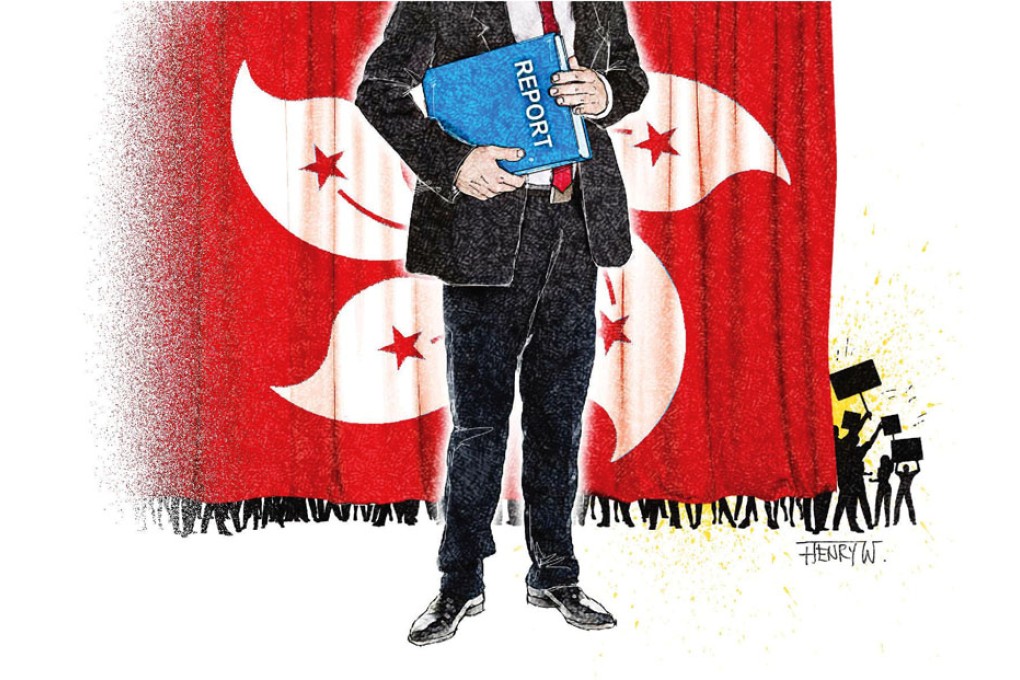Time for Beijing to trust Hongkongers in their quest for democracy
Emily Lau calls on the SAR government to truly reflect Hongkongers' views in its report on electoral reform, and for Beijing to have faith in and listen to the people in their quest for genuine democracy

Last week, Chief Executive Leung Chun-ying said that there is no problem with the relationship between the executive authorities and the legislature, and filibustering in the Legislative Council is caused by only a handful of radicals. His view was immediately refuted by Legco president Jasper Tsang Yok-sing, who said Leung had oversimplified the problem.
Legco House Committee chairman Andrew Leung Kwan-yuen also disagreed with the chief executive. He said that the relationship between the two branches of government had never been so abysmal, adding that it takes more than one cold day for the river to freeze three feet deep.
The chief executive's remarks showed a total lack of appreciation of the sharp contradictions in the community. Either he does not know, or does not want to know, that divergent views in society are threatening to rip the city apart. How can such an inept person be fit to run Hong Kong?
Some political commentators have said the Leung administration would be gravely mistaken if it thinks it can govern Hong Kong effectively as long as it gets the support of pro-establishment legislators, which form a majority in Legco.
To ensure its proposals can get smooth passage in Legco, the administration must have a constructive working relationship with all legislators, including those from the pro-democracy camp. The lack of it, together with many officials' refusal to listen to opposing views in the community, have created a hostile and confrontational environment in Legco, something I have not seen before since I got elected in 1991.
Pro-democracy legislators' anger and dismay with Leung led to the walkout on July 3 during the chief executive question time. Such a protest by 23 pro-democracy legislators was unprecedented in Legco's history. We wanted to show our disgust with the Leung administration's contempt for public opinion, particularly his refusal to respond to the overwhelming demand for universal suffrage expressed by the almost 800,000 people who voted in the civil referendum organised by Occupy Central, and by the half a million people who took to the streets on July 1.
Today, things may come to a head when Chief Secretary Carrie Lam Cheng Yuet-ngor comes to Legco to present the government's report on its five-month public consultation on constitutional reform. I have warned the administration not to ignore the views expressed by Hong Kong people. Neither should they try to rule out popular proposals for electing the chief executive in 2017 by universal suffrage, such as the nomination of candidates by the general public and nomination by political parties. I expressed my views to the undersecretary for constitutional and mainland affairs, Lau Kong-wah, when I met him on July 7, telling him that any attempt by the SAR government to rule out proposals for genuine universal suffrage would trigger massive protests.